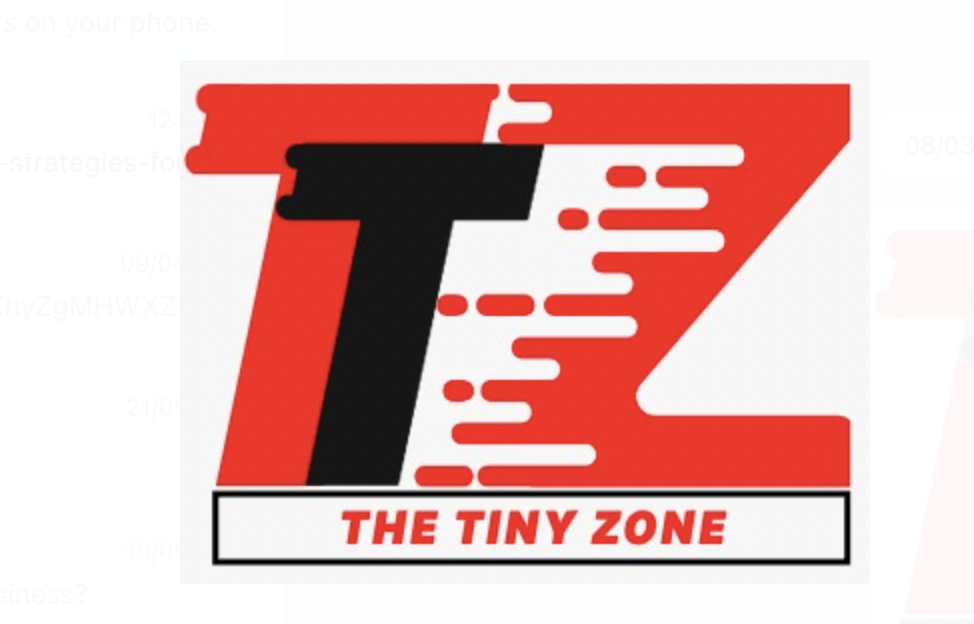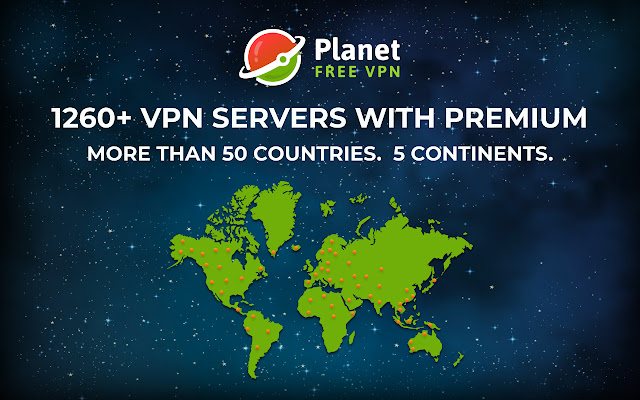In today’s fast-paced digital world, internet security and privacy have become paramount concerns for both individuals and businesses. With the growing threats to our online data, a Virtual Private Network, or VPN, has emerged as a valuable tool. This article explores the world of free VPNs, their benefits, potential drawbacks, and how they can safeguard your online activities.
What is a Free VPN?
A Free VPN, or Virtual Private Network, is a service that allows you to create a secure and encrypted connection to another network over the internet. It masks your IP address, making it difficult for websites, hackers, or even your Internet Service Provider (ISP) to track your online activities. In essence, a VPN offers you anonymity and protection.
Why Use a Free VPN?
Enhanced Privacy: Free VPNs enable you to browse the web anonymously. Your actual IP address is hidden, and your online activities remain private.
Security: VPNs encrypt your data, making it nearly impossible for cybercriminals to intercept and misuse it.
Access to Restricted Content: Some websites or streaming services may be restricted in certain regions. With a VPN, you can access content that would otherwise be unavailable to you.
Public Wi-Fi Safety: When using public Wi-Fi networks, your data is vulnerable. A free VPN provides an additional layer of security, protecting your sensitive information from potential threats.
The Pros and Cons of Free VPNs
Pros:
Cost-Effective: As the name suggests, free VPNs don’t cost a dime, making them an attractive option for those on a budget.
Easy to Use: Most free VPNs offer user-friendly apps that are easy to install and operate, even for beginners.
Anonymity: Free VPNs help you maintain online anonymity and protect your data from prying eyes.
Access to Geo-Restricted Content: You can bypass geographical restrictions on content and websites.
Cons:
Limited Features: Free VPNs often come with limited features compared to their paid counterparts. These restrictions can include slower connection speeds and data caps.
Security Concerns: Some free VPNs may compromise your data security or even engage in data harvesting for marketing purposes.
Unreliable Service: Free VPNs may not offer the same level of reliability and customer support as paid services.
Ads and Pop-Ups: Many free VPNs rely on ads to generate revenue, resulting in a less than optimal browsing experience.
The Importance of Free VPNs in Modern Times
In an era where the internet has become an integral part of our daily lives, the importance of free VPNs cannot be overstated. These tools have evolved to address the growing concerns of internet security and privacy. Here’s a deeper look at why free VPNs are a necessity in the modern digital landscape:
Protection from Cyber Threats
With the ever-increasing number of cyber threats, from data breaches to identity theft, using a free VPN is like putting up a shield against these dangers. The encryption provided by VPNs makes it incredibly difficult for cybercriminals to intercept your data, ensuring that your personal and financial information remains secure.
Global Accessibility
One of the most significant advantages of free VPNs is their ability to provide access to a global online experience. Geographical restrictions on content, such as streaming services, can be frustrating. Free VPNs empower users to bypass these restrictions and access content that might otherwise be off-limits in their region. Whether it’s streaming a favorite show or accessing a specific website, the possibilities are endless.
Securing Public Wi-Fi
Public Wi-Fi networks are convenient, but they come with inherent security risks. These networks are often unsecured, making it easy for malicious actors to snoop on your internet activities. Free VPNs come to the rescue, adding an extra layer of security when you connect to public Wi-Fi. With a VPN, your data remains encrypted, protecting you from potential threats while you’re on the go.
Privacy and Anonymity
In a world where online privacy is a growing concern, free VPNs grant you the power of anonymity. They mask your IP address and keep your online activities hidden from prying eyes. This means that you can browse the internet without the fear of being tracked by websites, advertisers, or even your ISP. Your online footprint becomes more private, allowing you to regain control of your digital life.
Caveats and Best Practices
While free VPNs offer an array of benefits, it’s crucial to exercise caution and follow best practices to make the most of these services. Here are some key considerations:
Data Limitations
Many free VPNs impose data limits, which can be a drawback if you have high data usage. It’s essential to choose a VPN that aligns with your data needs. Some free VPNs offer generous data allowances, while others may restrict usage.
Beware of Free VPN Pitfalls
Not all free VPNs are created equal. Some may compromise your online security or engage in data harvesting for marketing purposes. To avoid potential pitfalls, research the VPN’s privacy policy and reputation. Choose a provider that values user privacy and has a strong track record.
Advertisements
Most free VPNs rely on advertisements to sustain their services without charging users. While ads are a small inconvenience, they are a trade-off for the cost-free service. If you prefer an ad-free experience, premium VPN options are available.
Conclusion
In the age of digitalization, a free VPN can be a valuable addition to your online toolkit. It provides essential security and privacy features, allowing you to browse the web with peace of mind. However, it’s crucial to choose the right free VPN that aligns with your specific needs and priorities. By following the guidelines mentioned in this article, you can make an informed decision and enjoy a safer and more private online experience.


